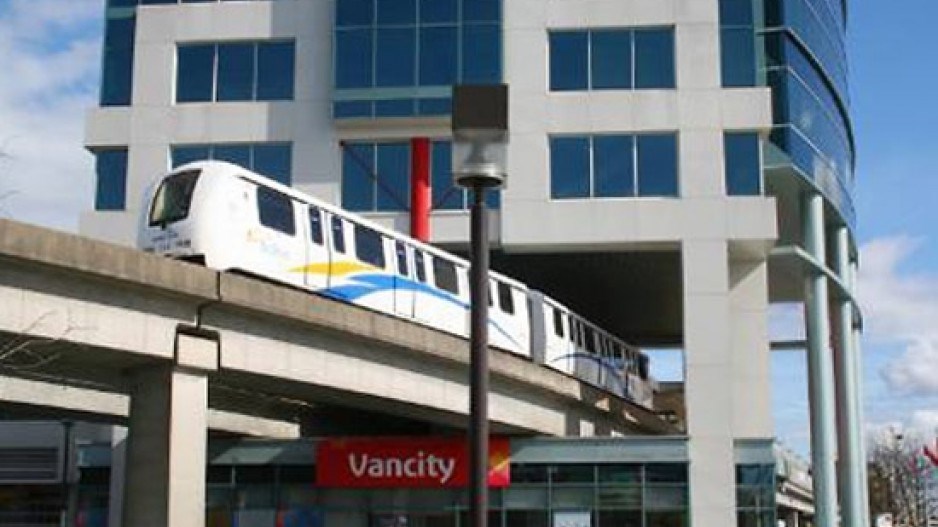TransLink has announced it will adopt all 20 recommendations made by an independent transportation expert after two failures in SkyTrain service left thousands of commuters stranded on the elevated platforms this past summer.
The changes, which will include the installation of emergency power "redundancies," are expected to cost the regional transportation company $71 million.
However, $30 million of that will be spent on improving communication with riders when the system is experiencing any problems and suggest alternate routes.
The report, prepared by Toronto’s GO Transit former president Gary McNeil, was prepared in order to reduce the frequency and duration of service disruptions, ensure timely evacuation of passengers in the event of a prolonged disruption, strengthen the system to prevent breakdowns, and communicate with riders on trains, in terminals and on buses.
TransLink CEO Ian Jarvis said in a release the "unprecedented" service disruptions – which took place on July 17 and July 21 – were “unacceptable to customers, and unacceptable to us.
“Customers had every right to be angry and frustrated, especially those who were stuck on trains for a prolonged period in the heat. We must make sure that never happens again,” he said.
“We have taken these incidents very seriously, and we fully accept and are acting on all 20 recommendations. We have already started the work.”
McNeil's report states the incidents showed "vulnerability" in the system and highlighted customer service issues and frustration from riders.
Aside from working to prevent system failure, there will be a plan implemented to get staff to every stranded train within 20 minutes of a disruption.
The report notes that SkyTrain is a safe system with very few accidents, and none related to the train control system.
McNeil's review included interviews with TransLink employees, reading through 250 customer comments/complaints, thousands of social media postings, and analysis of "peer agencies" such as Toronto, San Francisco, and London, England.
Power outages causing a system-wide shutdown of SkyTrain service in July was largely criticized on social media due to a lack of information from TransLink and passengers that were left stranded for upwards of six hours. Some began unescorted evacuations of the trains, with photos appearing on Twitter showing mothers walking along the elevated tracks pushing baby strollers and people stepping over high-voltage rails.
The incident occurred just days after a computer glitch caused a similar system failure. The report notes the two incidents were not related; one was due to the failure of a circuit board, while the other is blamed on an electrician shorting out the entire control centre.
The cost estimates in the report are preliminary, and TransLink will now develop detailed plans and budgets for implementation. The entire scope of work is expected to take up to five years to complete, although many of the recommendations will be adopted much sooner than that.




